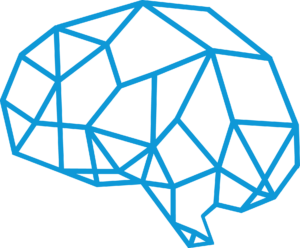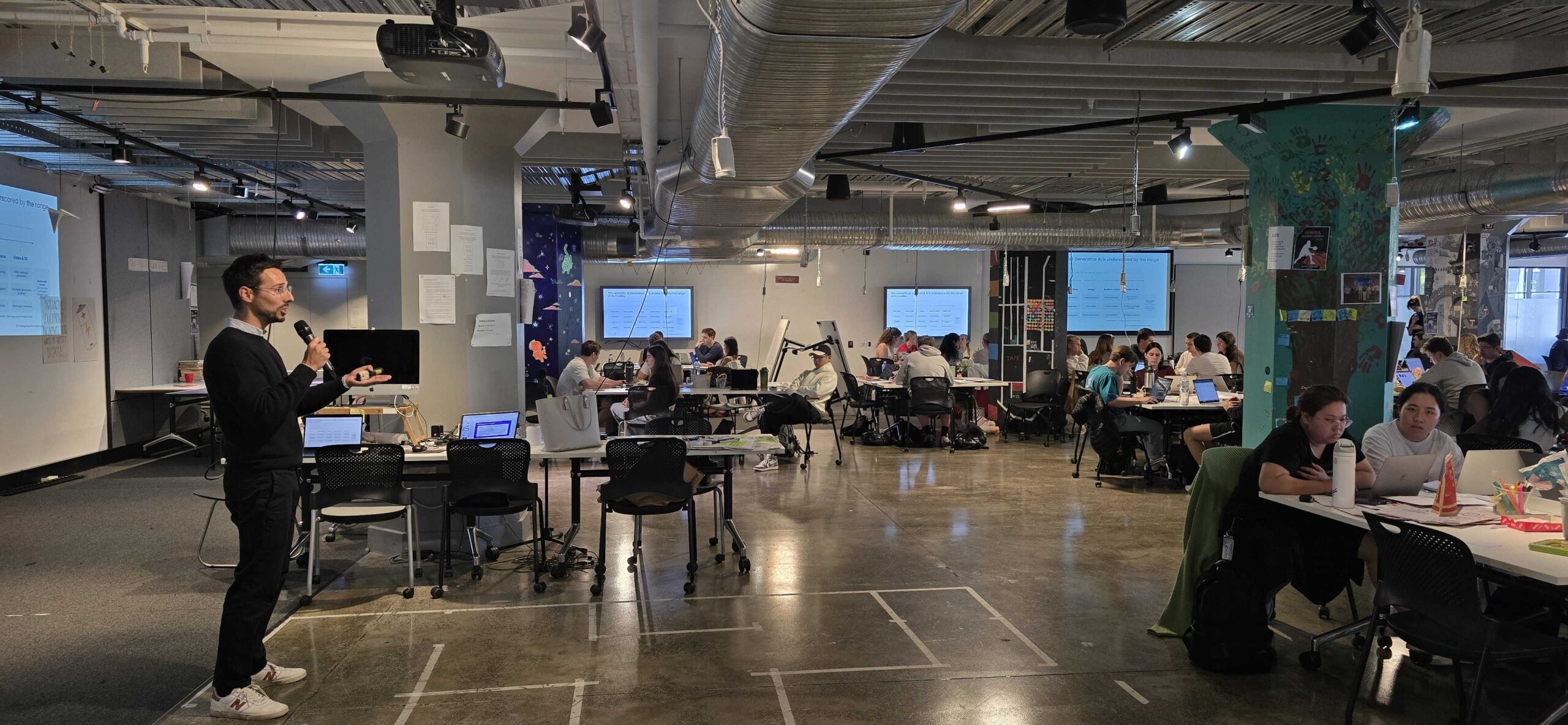Last Tuesday, The Strategy Group ran “The Dark Side of Innovation” as part of our Fresh Perspectives event series. It was an insightful evening with executives and leaders conversing all things ‘failures’ and its implications on businesses. We also ‘unveiled’ the dark, unintended outcomes of innovation that are often not considered from the outset.
The event came about from our belief that good innovators look from multiple perspectives to create differentiated and cutting-edge offerings, whereas savvy innovators look at both the ‘bright’ and ‘dark’ side of innovation. When we innovate, we can often be blindsided by focusing only on the ‘bright’ side of innovation, where we open up new opportunities and pursue solutions to create a brighter future. But just as there is the bright side, there is the dark side of innovation – these are the unintended consequences of innovation as well as the failures that are often stigmatised and kept a taboo.
As an innovator and entrepreneur, we tend to focus on developing the solution but not necessarily thinking about what impact it could create. We don’t know what we don’t know! This may lead to unintended consequences that have not been factored at the beginning or perhaps ignored as being unimportant. These can range from data leaks, privacy issues and excessive waste – aspects of innovation that can hurt as much as they can help. We all make mistakes. If we could factor these unintended consequences earlier in the innovation process, we can proactively turn the darkness into light.
On the other hand, we need a new appreciation of ‘Failure’. Being averse to failure and embarrassed for failing limits us from taking a chance in doing something different. We forget that it is through failures we learn important lessons that lead us to our next success.
Felecia White from PepsiCo and Sylvia Howes from Data4Good shared their perspectives on what they believed was the ‘Dark Side’ of Innovation within the turbulent world of product innovation and the ever-developing landscape of data.
Felecia has over 25 years’ experience in developing innovation with Nestle, Diageo, Fonterra, Arnott’s, etc. She has launched many successful products and grown franchisees over the years – some that she is proud of and others that she would rather forget (in Felicia’s words) 🙂
Sylvia has worked in various data fields for over 15 years across a broad range of industries in Australia and the UK including government, transport, property, and defence. She has recently been leading the Altis Data4Good movement in Australia and New Zealand based on the premise that data can be used to solve some of societies big challenges.
The guests present were curious and engaged and even worked with us to get our ‘DARK SIDE’ postcard experiment started. (For now, this is a secret, but watch this space for the big reveal- coming soon!)
Three Key Takeaways from the night
1) It’s not just the dark side of innovation, it’s the dark side of humans
As Sylvia, cleverly put it, “It’s not just the dark side of innovation, it’s the dark side of humans”. It is important to understand that technology will continue to grow, but what we do with that technology is what is important. When technology and data get into the wrong hands, with an intention to mistreat and misuse the data it can lead to grave unintended consequences.
At The Strategy Group, we’ve been doing a lot of work in health care. One aspect is looking at clinical genomics. This got us thinking about what could happen with the large amounts of genomic data that would be collected moving into the future. As with any kind of personal data, there are a number of concerns regarding the collection, transmission, storage, and use. But unlike most other data, your genome reveals intimate information about not only you but also the people to whom you are related.
Services that allow you to trace your heritage using your genetic information is becoming very popular. Have you ever wondered where your genetic information is stored? Is it in Australia? Or in Uganda? What if this data was to get into the wrong hands? The collective genomics of a population could reveal the biological weakness of a country and this can be risky!
It is unintended consequences such as these, that typically gives technology a lot of bad press. If only humans decided to respect the security and privacy of other’s data and not, in turn, use it for their own personal benefits and motives, we may all be able to breathe a sigh of relief.
2) “In Data We Trust”
To reap the benefits of technology such as websites and app’s, we need to opt-in and give permission to use our information, but at the same time, we are reluctant to give that information due to stories of data misuse flooding our news channels. In the past, people were more willing to part with their information, as there was either a certain amount of trust (or maybe ignorance) of what the company would or wouldn’t do with their data. At times it seems that we are not left with any other choice but to give in and hope for the best that we will be spared and the data we provide won’t be used for something more sinister.
Let’s take the popular app, FaceApp which is a mobile application for iOS and Android developed by Russian company – Wireless Lab which uses artificial intelligence to generate highly realistic transformations of faces in photographs. The app can transform a face to make it smile, look younger, look older, or change gender. In theory, this is cool, right? Wrong! FaceApp’s privacy policy makes it clear that they can access your entire camera roll and pulls data like your location, IP address and log file information for the purpose of aiming targeted ads at you and now security experts are raising security fears over the technology. Now all your data is saved in a Russian start-ups database all the way in Russia. Even if an individual deleted the app from their devices after one use, the problem is that the data is now saved “in the cloud on their servers” forever. This is an example of unintended consequences – and what people aren’t thinking through – a person’s face is a form of copyright and they need to be really careful on whom they give permission to access their biometric data.”
The concepts of ‘trust’ and ‘data’ are becoming fundamental to human relationships. The hyper-connected nature of global commerce and the disruptive nature of digital technology has given both of these concepts’ further prominence. Massive data breaches and the constant collection of personal data is becoming the new normal. But privacy, security, and trust are still increasingly vital and intertwined in our data-driven society and this is leading to consumers having relatively low confidence that companies will use their personal data in a responsible way. Achieving and protecting public trust in data in the long term is challenging. It requires close collaboration between the corporate, academic, science and policymaking communities.
3) Testing for failure
Many companies experience failure when innovating and often instead of embracing this failure and learning from it, they may become averse to risk and innovation. This not only shapes the culture of the organisation but over time can have negative implications on the future development of new products and services.
An interesting share from the audience highlighted a story of a new food product that was launched in Australia a few years ago. They spoke about how, for a variety of reasons this product failed and didn’t manage to stay on the shelves of the supermarket for too long. A big part of this was to do with the fact that they did not test the product with the consumer early on and hence missed the mark on the branding as well as understanding the consumer’s perception of the product. An easy assessment would say that this particular failure would have cost implications for the business, but as may often happen, there can be bigger costs to failure beyond just direct losses. A big repercussion of such failures may cause a business to be cautious to invest in similar products for years after and miss a lot of future growth opportunities. What we need to keep in mind, is that failure does not need to blight future opportunities, as long as they learn from their failures and course-correct early on, rather than judge them as mistakes, never to be made again.
What we can learn from this story is the importance of taking a step back to prototype and test your products/services as you develop the new and novel. It is imperative to conduct agile experiments and test solutions from different perspectives early on in the innovation process – whether this is to avoid unexpected failures or the ‘dark’ unintended consequences. Testing a solution with consumers can help companies learn quickly and adapt products/services accordingly and avoid making costly mistakes with big impact.
When innovating, we believe it is important to embrace both the bright and dark side of innovation and overcome the stigma of failure. Appreciate that failures lead to important lessons and learn from mistakes. This will help unshackle you and your teams from the fear of failure, allowing you to embrace risk and push the boundaries of innovation.
ABOUT FRESH PERSPECTIVES
Fresh Perspectives is a series of events put together for our innovator’s network by The Strategy Group to explore interesting topics with interested people.
To learn more or to host our next Fresh Perspective event, please contact us at contact@thestrategygroup.com.au or call 02 9388 9925.
Are you following us on social media?LinkedInInstagram
Contact Us
Have any questions? Want to know how we can help you and your organisation? Contact us using this form.
We can work with you to design and support implementation of a strategy for your business unit, for your entire organisation, or for any segment of your organisation where a fresh approach will add value.
We will use a combination of globally-recognised leading-edge processes, coupled with our proprietary validated toolbox to develop a bespoke, customised strategy, which we can assist you in implementing, that will deliver tangible impact and value to your organisation and your customers.
We have been designing and implementing strategy solutions since 2003 and we have the expertise and the experience not only to deliver, but to overdeliver.
Join 10,000 others who want the latest insights, tools, tips and resources. We help you get better results by staying on top of the latest methodologies and thinking.











